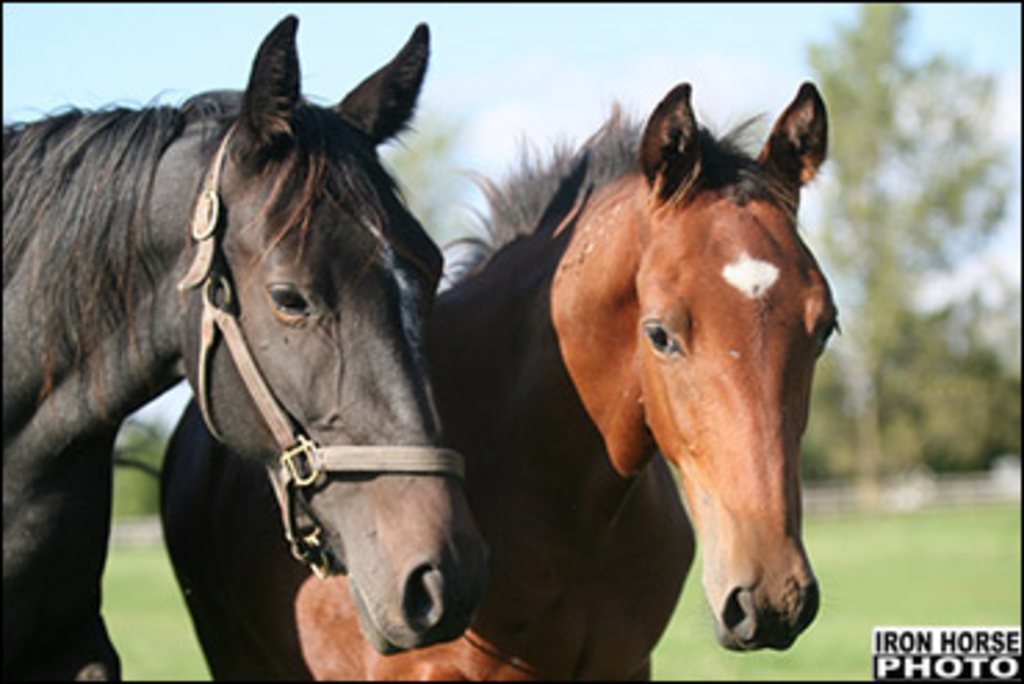
In a decision dated June 29, 2020, Ontario Superior Court Justice Michael Emery announced that he has ruled in favour of a motion brought forth by a group of Ontario Standardbred breeders against the Province of Ontario in regard to the cancellation of the Slots at Racetracks Program (SARP).
It is important to note that in his Judgment, Justice Emery ruled that since the Ontario Lottery and Gaming (OLG) did not have a contractual relationship with respect to SARP, and as the CLPA (Crown Liability and Proceedings Act, 2019) applies to OLG as an agent of the Crown, the claims of the plaintiffs as against OLG in contract and in tort have been dismissed.
Justice Emery's Judgment also includes an order that directs a trial on damages.
Justice Emery's 10 Reasons for Judgment are listed below, followed by a PDF document of the complete ruling.
REASONS FOR JUDGMENT
Emery J.
-
The several plaintiffs breed standardbred horses to maintain the supply of horses to race at 14 of the 17 race tracks in Ontario where standardbred horses’ race. In this action, the plaintiffs advance the case that higher purses awarded to horses that achieve success at those racetracks enhance the value of the horses they are breeding. In their eyes, the profitability, if not the viability of their business to breed horses from conception to starting gate is determined by the law of economics.
-
The defendant Her Majesty the Queen in Right of Ontario (“Ontario”) is the provincial government that continues to govern all citizens in Ontario within its provincial jurisdiction, regardless of what party or group of persons hold office at any given time. Ontario acts through its legislative or executive branches, and by corporations incorporated or created by statute to carry out the will of the government.
-
The defendant Ontario Lottery and Gaming Corporation (“OLG”) is a Crown corporation. OLG is incorporated and governed by the Ontario Lottery and Gaming Corporation Act (the “OLG Act”). Pursuant to s. 2(3) of the OLG Act, OLG is for all purposes an agent of the Ontario, and its powers may be exercised only as an agent of the Crown.
-
Like other provinces, Ontario has increased its presence in operating gaming activities at racetracks and casinos over the years. Since 1996, Ontario has recognized that consumers who congregate at racetracks to bet on horse racing would likely be willing consumers to play slot machines (otherwise referred to as “slots”). In a minute passed by Cabinet in1998, Ontario introduced the Slots at Racetrack Program (“SARP”) to incentivise racetracks to permit slots on their premises by sharing revenues from those slots.
-
The creation of SARP followed in the wake of negotiations between Ontario, horsepeople and associations representing parts of the horseracing industry. Ontario and industry associations signed a Letter of Intent dated June 25, 1998 (the “LOI”) to set out the terms for SARP and how it would work. OLG entered siteholder agreements with individual racetracks under the infrastructure established by the LOI for its implementation.
-
SARP continued operating at Ontario racetracks and net profits from slots were distributed under the siteholder agreements without much fanfare until the winter of 2011/2012. On February 8, 2012, Cabinet directed OLG to give notice to terminate all siteholder agreements with racetracks, effectively ending SARP as of March 31, 2013.
-
The plaintiffs as the breeders of standardbred horses do not contest the right of Ontario or OLG to terminate SARP through the non-renewal or cancellation of siteholder agreements. However, the plaintiffs claim that Ontario and OLG gave them insufficient notice of that cancellation because of their rolling investment to breed horses. They claim their level of investment was reliant on representations made by Ontario and OLG that SARP would continue over the long term for the benefit of the industry and the agricultural sector in Ontario. They say the decision to cancel SARP has caused them substantial damages because their economic expectations were calibrated on a five year breeding cycle for standardbred horses.
-
The plaintiffs commenced this action on various causes of action that have been distilled down to breach of contract, negligence and negligent misrepresentation. Ontario and OLG have brought motions for summary judgment to dismiss the action in its entirety. The plaintiffs have brought a cross-motion seeking summary judgment for a finding of liability on one or more of those causes of action, and for directions on the assessment of damages.
-
For the reasons that follow, the plaintiffs’ motion for summary judgment is granted against Ontario for breach of contract. All claims made on other causes of action pleaded as against Ontario are dismissed as the plaintiffs are unable to continue those claims at law under the Crown Liability and Proceedings Act, 2019 (the “CLPA”) that was proclaimed in force on July 1, 2019.
-
As OLG did not have a contractual relationship with respect to SARP and as the CLPA applies to OLG as an agent of the Crown, the claims of the plaintiffs as against OLG in contract and in tort are dismissed.
Document not loading below? Please refresh your page or click the link to open in a new window.
Seelster Farms et al. v. Her Majesty the Queen and OLG, 2020 ONSC 4013 -- Open in new window

